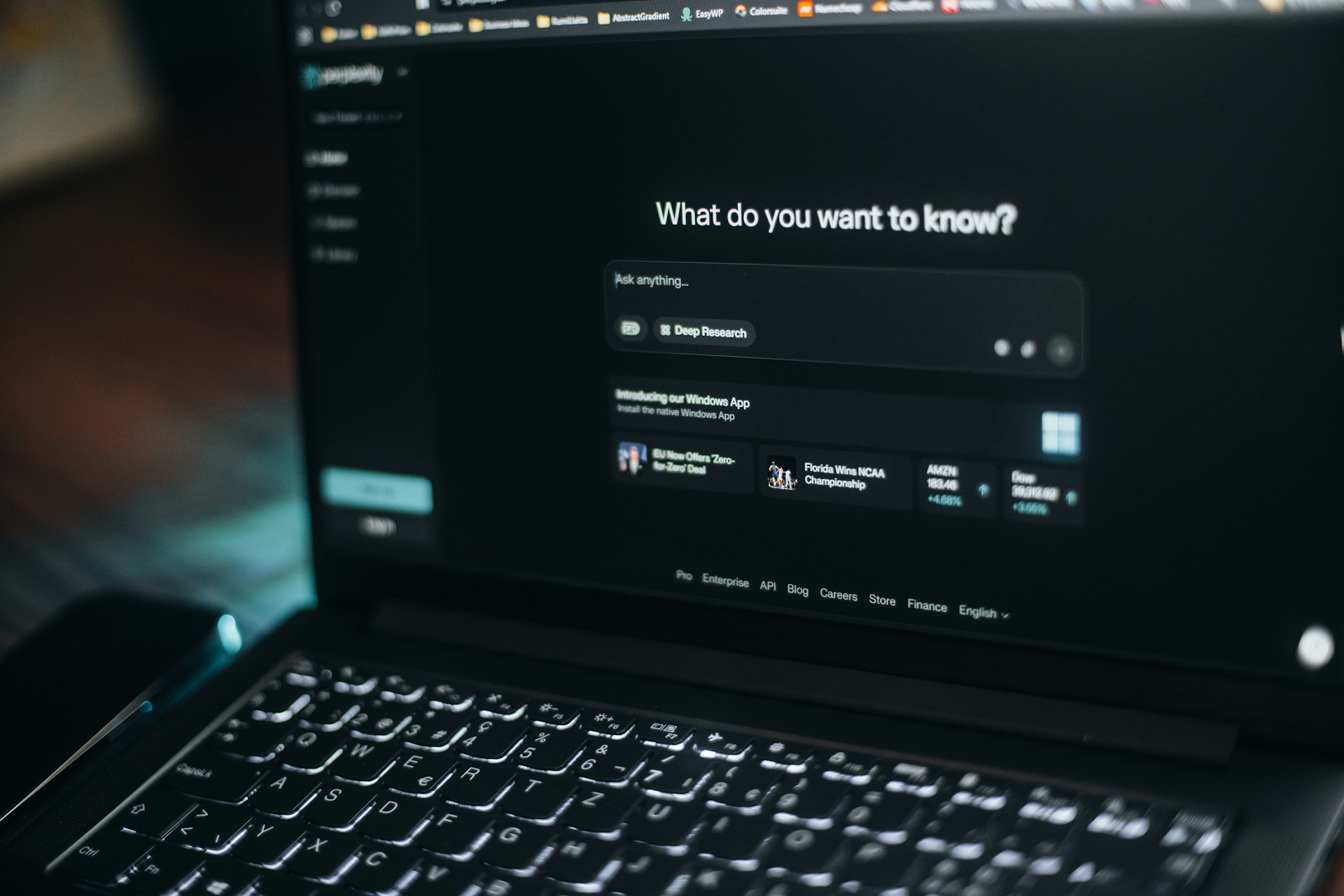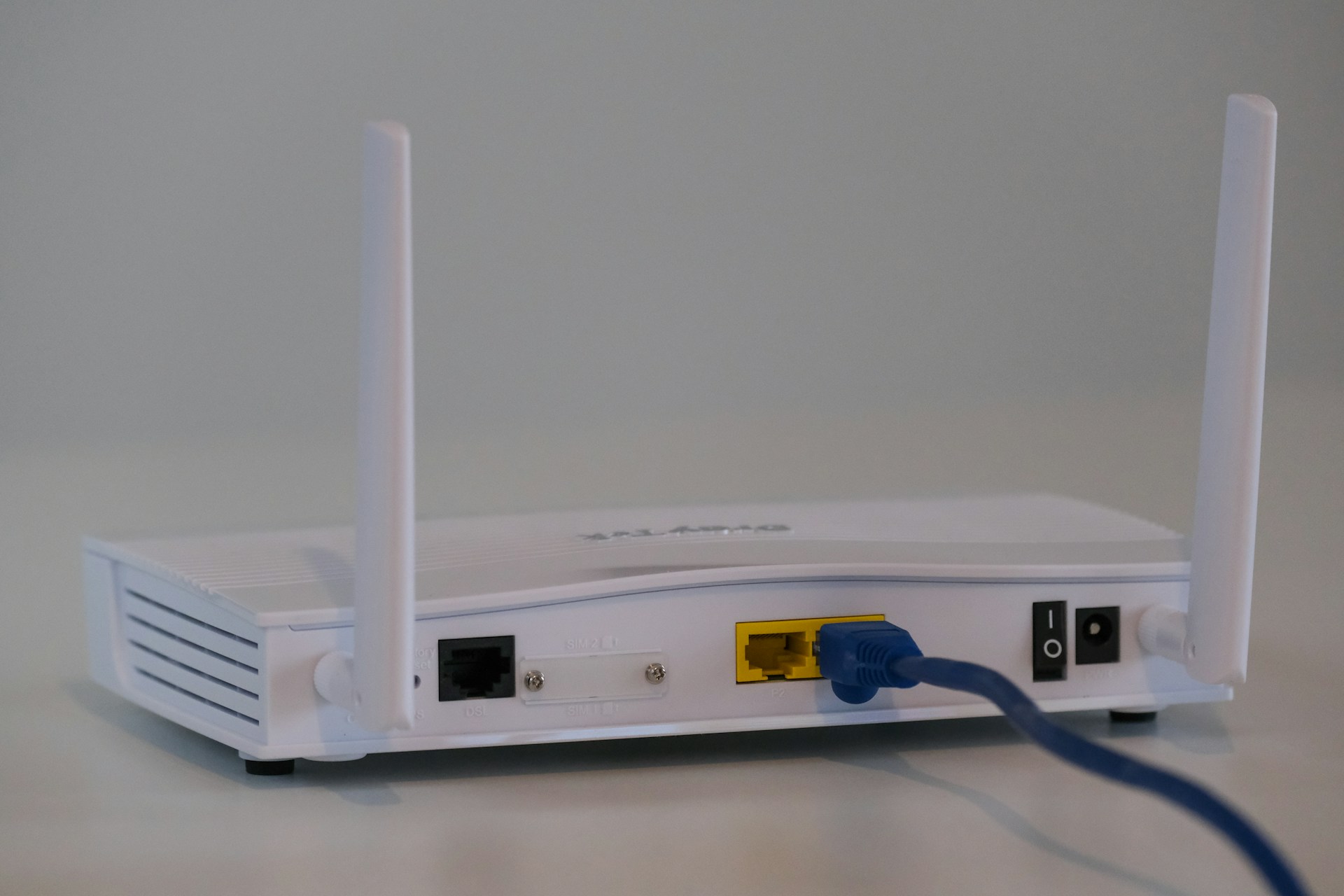Introduction
Once upon a time, coding was a secret art — practiced by hoodie-wearing engineers in server rooms. Today, it’s everywhere. AI tools like ChatGPT, GitHub Copilot, and low-code platforms have lowered the barriers, turning code into something you can experiment with, remix, and even play with. This is why coding isn’t just a skill for software developers anymore. It’s becoming a cultural language — something everyone can, and should, vibe with.
But what does it mean to ‘vibe code’? It’s not about memorizing algorithms or grinding through bug reports. It’s about treating code as a tool for expression, a way of solving everyday problems, and a passport into the culture of the digital age. Whether you’re an artist, a student, a small business owner, or someone who just wants to automate chores, coding is now part of your world. The sooner you vibe with it, the freer and more creative your future will be.
Coding as the New Literacy
Think of literacy itself. For most of human history, reading and writing were elite skills reserved for priests, scribes, or the ruling class. Once literacy spread, it unlocked revolutions in science, democracy, and art. Coding is today’s equivalent. To understand and shape the modern world, you don’t need to be a genius programmer — but you do need some coding literacy.
This doesn’t mean everyone has to be a software engineer. It means everyone should understand the basics of how software works, how data flows, and how small snippets of code can transform a task. The more literate you are in code, the less powerless you feel in a world where apps, algorithms, and AI increasingly shape your reality.
When you vibe with code, you don’t see a website or app as a black box. You see possibilities. You can tweak, remix, and even build. You can make technology work for you instead of just consuming it passively.
AI Has Changed the Game
Before, learning to code meant hours of syntax drills and late nights wrestling with errors that made no sense. It was like learning a foreign language by memorizing dictionaries. Now, AI has transformed coding into a conversation. With tools like GitHub Copilot, you type an idea in plain English, and the code appears. With ChatGPT, you can ask, ‘How do I write a script that renames files in bulk?’ and get a working answer in seconds.
This shift is massive. It means the hardest barriers to entry — debugging, syntax memorization, obscure documentation — are being handled by AI assistants. You’re no longer expected to memorize every semicolon. You just need to think creatively, describe what you want, and guide the machine. Coding becomes less about mechanics and more about design, imagination, and problem-solving.
AI doesn’t replace the need to code — it amplifies it. Just as calculators didn’t make math obsolete, AI won’t erase coding. Instead, it frees humans from the grind so they can focus on the vibe: creating, experimenting, and building faster than ever before.
Coding as Culture
Something remarkable has happened: coding has escaped the lab and become part of mainstream culture. You see it in memes, in fashion, in music, even in TikTok trends. People wear shirts with JavaScript jokes. Kids mod their favorite games with custom scripts. Musicians use Python to generate beats and visuals. Writers build small apps to share interactive stories. Hackathons attract designers, marketers, and artists alongside engineers — because everyone has something to contribute.
Open-source culture especially embodies this vibe. Thousands of strangers collaborate across the world to build software together, for free, just because they care. That’s not just tech — that’s culture. It’s shared creativity, collective identity, and community spirit in digital form. When you join this world, you’re not just coding; you’re participating in a global cultural movement that values openness, collaboration, and creativity.
Everyday Superpowers
Why vibe with code? Because it makes your daily life easier and more powerful. Coding is not only about building billion-dollar apps — it’s about small, personal wins. Here are some examples:
- Automate boring tasks: Write a script to rename 200 files in seconds instead of doing it manually.
- Customize your AI: Fine-tune prompts or write little wrappers to make your personal AI assistant truly yours.
- Level up your work: Teachers write code to auto-grade assignments. Small businesses code simple dashboards to track sales. Creatives code their own portfolio websites.
- Have fun: Make your own Discord bot. Build a meme generator. Create interactive art.
These aren’t just efficiencies; they’re superpowers. Coding lets you bend the digital world a little closer to your needs and your imagination. The line between user and creator dissolves, and suddenly you’re both.
Breaking the Fear
Many people still see coding as intimidating: walls of green text on black screens, cryptic error messages, endless jargon. But that’s an outdated stereotype. Modern coding can be playful, visual, and social. You can learn by dragging blocks in Scratch, by remixing someone else’s project on Glitch, or by asking an AI assistant to explain each line of code in simple terms.
The fear usually comes from the idea that coding is about perfection. In reality, coding is about iteration — trying, failing, tweaking, and trying again. Everyone gets errors. Even senior engineers Google their way through problems daily. When you approach code as play instead of perfection, the fear dissolves. You start to see errors not as failures but as feedback.
And when you learn alongside others — in online communities, coding bootcamps, or Discord groups — you realize you’re not alone. The vibe is no longer ‘sit in silence until you figure it out.’ It’s ‘let’s build together.’
The Social Side of Code
One of the most overlooked aspects of coding is how social it is. Open-source projects are collective endeavors. Hackathons are part competition, part festival. Online communities are full of people eager to share tips, celebrate wins, and laugh at shared struggles.
In fact, the culture of coding is closer to music or street art than it is to math class. It’s about remixing, sharing, riffing off each other’s ideas. It’s about building in public, sharing half-finished experiments on GitHub, and letting strangers improve them. When you vibe with code, you’re not just learning a skill — you’re joining a community that thrives on collaboration.
From Efficiency to Expression
The most exciting part of coding today isn’t efficiency — it’s expression. Sure, code can save you time and money. But more importantly, code can be art. People build interactive poems, generative visuals, or AI-driven music. Activists code tools that spread awareness or help communities organize. Journalists code interactive maps to tell stories in ways words alone can’t.
As AI handles more of the repetitive work, the human role in coding becomes more about asking, ‘What do I want to say? What do I want to create?’ Coding becomes less mechanical and more like painting, composing, or writing. It’s a medium of expression. To vibe with code is to see yourself not as a technician, but as a creator with a new palette.
The Future Is Hybrid
We’re moving toward a hybrid future where AI and humans code together. AI will generate templates, scaffolds, and suggestions. Humans will decide what matters, what feels right, what aligns with values and creativity. The best coders of tomorrow won’t be those who memorize the most syntax, but those who vibe the hardest — who can dance with the machine and bring something uniquely human to the table.
This hybrid reality means coding is no longer a niche career skill. It’s a general cultural skill. Just as everyone benefits from knowing how to write an email or edit a photo, everyone benefits from knowing how to tinker with code. The baseline has shifted. Code isn’t optional literacy anymore; it’s cultural fluency.
Conclusion
To vibe with code is to stop seeing it as something scary and start seeing it as something empowering. It’s a way of thinking, a way of solving, and a way of creating. It’s how you turn ideas into realities in the digital age. You don’t have to be an engineer. You don’t have to be perfect. You just have to start — and let the vibe carry you.
In a world powered by AI, coding is no longer just technical literacy. It’s creative freedom, cultural participation, and everyday empowerment. Everyone should vibe code. The future is written in it.

